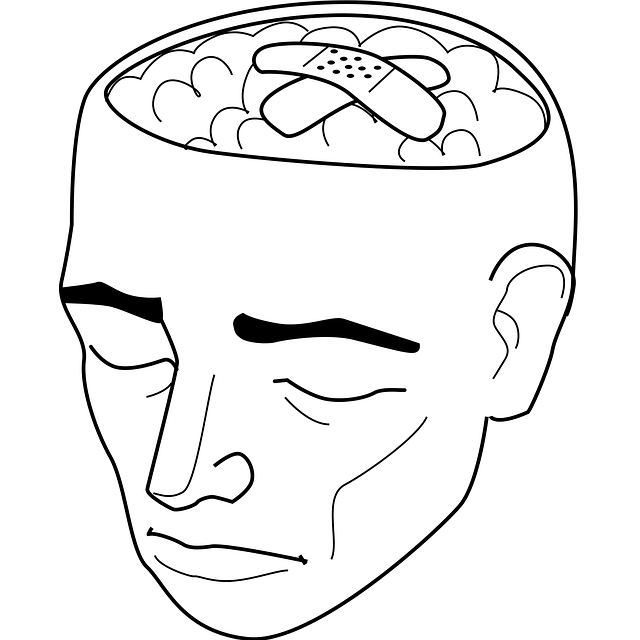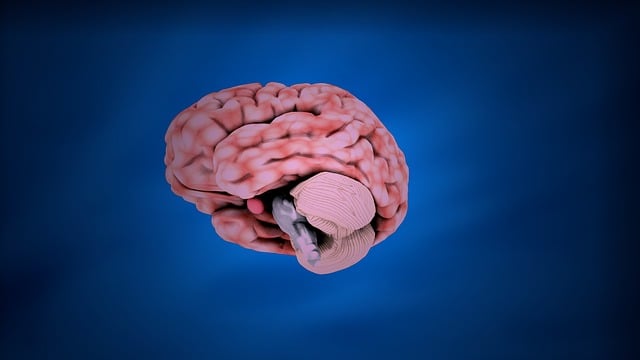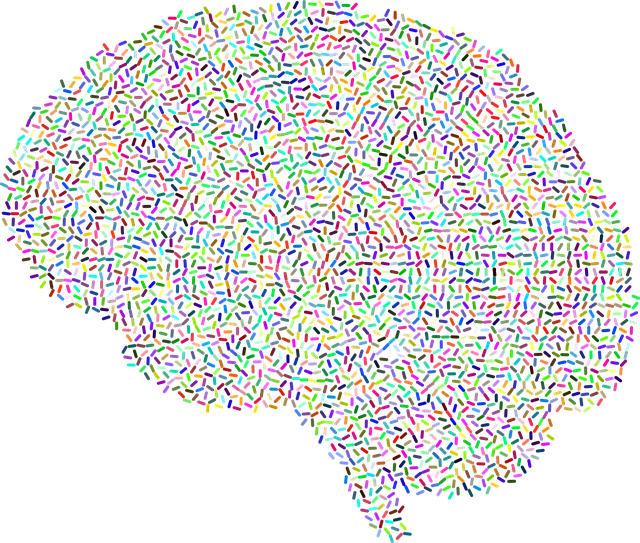Cultural competency is crucial in healthcare, especially when treating diverse teen patients like those seeking therapy for adolescent teens or bariatric evaluations. It enhances trust and communication, leading to better health outcomes through personalized care that addresses emotional healing and mental wellness. Bias can negatively impact care, so organizations should provide workshops and educational resources focusing on cultural sensitivity, unconscious biases, and evidence-based practices. Effective training uses interactive methods like workshops and case studies to improve cultural understanding. Success is measured through pre-post assessments, feedback mechanisms, and improved patient outcomes, ensuring holistic benefits for both patients and communities.
“Healthcare provider cultural competency training is a vital pillar in delivering effective, equitable patient care. This comprehensive guide explores the importance of understanding cultural nuances in healthcare settings, particularly focusing on therapy for adolescent teens and bariatric evaluations. We delve into the potential impact of cultural bias, providing insights on designing and implementing tailored training programs. Furthermore, this article offers evaluation strategies to ensure continuous improvement, emphasizing the necessity of culturally competent care.”
- Understanding Cultural Competency in Healthcare: A Foundation for Effective Patient Care
- The Impact of Cultural Bias on Adolescent Therapy and Bariatric Evaluations
- Designing and Implementing Training Programs for Healthcare Providers
- Measuring Success: Evaluation and Continuous Improvement Strategies for Cultural Competency Training
Understanding Cultural Competency in Healthcare: A Foundation for Effective Patient Care

Cultural competency in healthcare is a crucial foundation for providing effective and equitable patient care, especially within diverse communities. It involves understanding and appreciating the cultural beliefs, values, and practices that shape individuals’ health experiences and behaviors. In the context of serving teen patients, such as those seeking therapy for adolescent teens or undergoing bariatric evaluations, healthcare providers must be adept at navigating cultural sensitivities. This is particularly important given that cultural factors can significantly influence a young person’s relationship with their body image, dietary choices, and mental wellness.
By incorporating cultural sensitivity in mental healthcare practice, including emotional healing processes and the development of mental wellness coaching programs, providers can create an environment where patients feel seen, heard, and respected. This approach fosters trust, enhances communication, and ultimately improves health outcomes. Embracing cultural competency allows healthcare professionals to provide more personalized care, ensuring that every patient receives the support needed to navigate their unique emotional healing journeys.
The Impact of Cultural Bias on Adolescent Therapy and Bariatric Evaluations

Cultural bias among healthcare providers can significantly impact the quality of care received by adolescent teens and those undergoing bariatric evaluations. Stereotypes and preconceived notions about different ethnic, cultural, or socioeconomic backgrounds may lead to misjudgments and biased treatment approaches. For instance, a provider’s assumption that an adolescent from a minority group might be less motivated to engage in therapy could result in tailored interventions not addressing the teen’s unique needs effectively. This can hinder progress in mood management and stress reduction methods, which are crucial aspects of holistic therapy for adolescent teens.
When it comes to bariatric evaluations, cultural competency is equally vital. Biases related to body image standards across diverse cultures might influence a provider’s assessment of an individual’s suitability for weight-loss surgeries. This could lead to either under or overreferral, impacting the patient’s access to necessary care. Organizations offering stress management workshops and other educational resources can play a significant role in addressing these issues by providing training on cultural sensitivity, unconscious biases, and evidence-based practices that respect and embrace diverse backgrounds.
Designing and Implementing Training Programs for Healthcare Providers

Effective cultural competency training for healthcare providers requires a thoughtful approach to designing and implementing programs that resonate with diverse patient populations. Training should go beyond surface-level awareness, delving into the complex interplay of cultural beliefs, values, and practices that influence health outcomes. Incorporating interactive workshops, case studies reflecting real-world scenarios, and role-playing exercises can facilitate deeper understanding and improve clinical decision-making.
When tailored to address specific needs, such as therapy for adolescent teens or bariatric evaluations, training programs can offer targeted strategies for enhancing cultural sensitivity. For instance, sessions on self-esteem improvement, mood management, and anxiety relief become valuable tools for providers interacting with young adults navigating sensitive health issues. By integrating these aspects into the curriculum, healthcare professionals are better equipped to provide compassionate, culturally responsive care.
Measuring Success: Evaluation and Continuous Improvement Strategies for Cultural Competency Training

Evaluating the success of cultural competency training is a critical step in ensuring its effectiveness and impact on healthcare delivery. This process involves assessing both short-term outcomes and long-term behavioral changes among healthcare providers. One effective strategy is to implement pre and post-training assessments, comparing scores on measures related to cultural awareness, bias recognition, and patient interaction skills. These assessments can be tailored to specific areas of focus, such as therapy for adolescent teens or bariatric evaluations, to gauge the training’s relevance and utility within diverse clinical settings.
Continuous improvement is fostered through regular feedback mechanisms. Engaging participants in discussion forums, hosting follow-up workshops, or encouraging participation in a mental wellness podcast series can provide valuable insights into the training’s lasting effects. Additionally, measuring success can extend beyond individual proficiency to include the impact on patient outcomes and satisfaction. This holistic approach ensures that cultural competency initiatives are not only educating healthcare providers but also improving overall healthcare services, potentially leading to better mood management and enhanced community outreach program implementations.
Cultural competency training is a game-changer in healthcare, especially when addressing issues like therapy for adolescent teens and bariatric evaluations. By recognizing and overcoming cultural biases, healthcare providers can create a more inclusive environment, leading to improved patient outcomes. Implementing well-designed training programs empowers professionals to navigate complex cultural landscapes, ensuring every patient receives respectful and effective care. Continuous evaluation and improvement strategies are vital to measure the success of these initiatives, allowing for ongoing refinement and enhanced cultural competency across healthcare practices.














